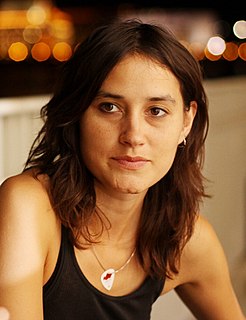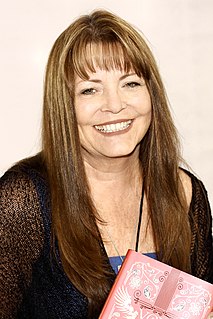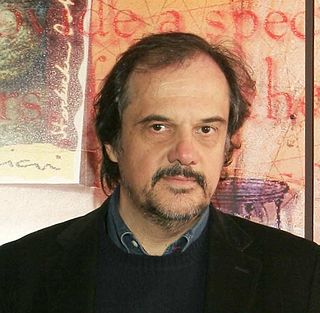Цитата Кейта Девлина
Конечно, некоторые [учителя] могли бы дать стандартные предельные определения, но они [студенты] явно не понимали определений — и это был бы выдающийся студент, который это понял, поскольку математикам понадобилось пару тысяч лет, чтобы разобраться в этом понятии. предела, и я думаю, что большинство из нас, называющих себя профессиональными математиками, на самом деле понимают это только тогда, когда мы начинаем преподавать материал, будь то в аспирантуре или за ее пределами.
Темы цитат
За гранью
вызова
Ясно,
могла ли
пара
определений
Дать
либо
Дать
аспиранту
Аспирантура
Предел
Математики
Большинство
понятий
Только
мы сами
Вышли
Профессионалы
Действительно
замечательная
школа
,
так как
какой-то
стандарт Начало
Студент
Студенты
Вещи
Конечно
Учить
Учителя
Думать Потребовались
тысячи
тысяч
лет
Понять нас
Прошли
бы
годы
Связанные цитаты
Я думаю, что иногда, когда люди становятся старше, они начинают ограничивать себя и думают, что если бы они хотели начать петь, или они хотели бы начать играть на гитаре, или если бы они хотели, я не знаю... стать археологом - что бы это ни было, они думают, что просто не могут больше этого делать, потому что достигли определенного возраста, и я просто думаю, что это все равно, что посадить себя в тюрьму. Пару лет назад я понял, что чем больше я делал и создавал вещи, которые я мог бы любить; это помогло мне осознать, что я на самом деле люблю себя и то, что выходит из меня.
Теперь, как указывает Мандельброт, ... Природа сыграла с математиками шутку. Математикам 19-го века не хватало воображения, но не природе. Те же самые патологические структуры, которые придумали математики, чтобы вырваться из натурализма XIX века, оказываются присущи всем знакомым объектам вокруг нас.
Вот философское правило: всегда начинайте с отрицательных определений. Отрицательные определения всегда легче понять. Итак, вот отрицательное определение. Мы не должны воспринимать различие в терминах различий, которые мы находим между вещами, которые уже существуют. Различие — это не эмпирические различия.
Я вынужден вставить несколько замечаний по очень сложной теме: доказательству и его важности в математике. Все физики и многие вполне респектабельные математики пренебрежительно относятся к доказательствам. Я слышал, например, от профессора Эддингтона, что доказательство, как его понимают чистые математики, на самом деле совершенно неинтересно и неважно и что тот, кто действительно уверен, что нашел что-то хорошее, не должен тратить время на поиски доказательства.
Я преподаю искусство в известной художественной школе, и все же я не имею ни малейшего представления о том, что такое постмодернизм, но у нас есть люди на факультете литературы и науки, которые хорошо его понимают, и студенты идут туда, если хотят. понимаю, что означает этот термин, о котором говорят, но я никогда его не понимал.
Фактически меня выгнали из аспирантуры, потому что я был паршивым аспирантом, и мне нужно было найти работу, и я устроился на первую попавшуюся работу. Это была работа стажера менеджера в компании по страхованию жизни, и я просто остался. Всегда, в основном, идея заключалась в том, что я буду поддерживать себя как писатель, и я знал, что мне нужно будет иметь какую-то работу, и для меня не имело большого значения, что это было. Я имею в виду, я мог бы быть вешалкой для бумаг или кем-то в этом отношении.
Фильм, который мы могли бы закончить в 2001 году, был бы отстойным. Фильм, который мы могли бы закончить в 2002 году, был бы просто катастрофой, даже в 2003 году он был бы очень слепым, дилетантским. Но по мере того, как мы продвигались вперед, мы действительно наткнулись на некоторые случайные темы, и с вещами, которые вы могли бы делать с компьютерами, и со всеми подобными вещами, которые действительно ускорились до того, что вещи, которые мы могли делать прямо здесь, в моем доме, стали - Вы могли бы почти все.
Что касается самих математиков: не ждите слишком большой помощи. Большинство из них слишком далеко в своих башнях из слоновой кости, чтобы принимать такие вызовы. И вообще, они не компетентны. В конце концов, они всего лишь математики, а нам нужны параматематики, такие как вы... Именно вы можете быть связующим звеном между математиками и историями для достижения синтеза.






































